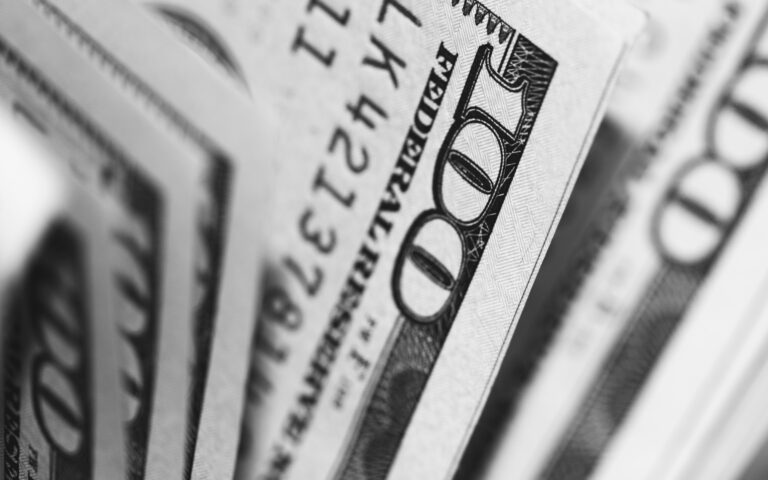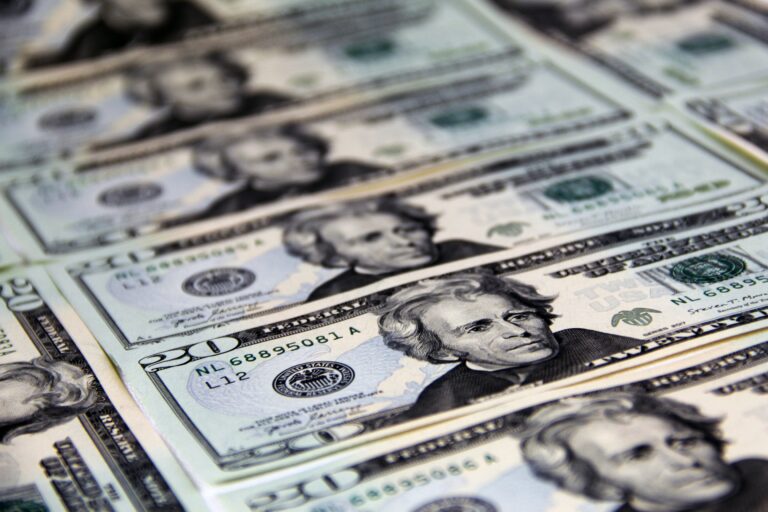
Morning Brief – Mountain or Molehill
Grab an economics textbook and I bet it’ll tell you that a recession is defined as two consecutive quarters of nil or negative economic growth. It’s such an old and entrenched definition that to be honest I’m not even sure who came up with it in the first place. The one thing that is for certain in at least any academic debate about recession and growth is that the definition is just a tad stupid. Quite literally: it considers one variable over a very short period of time and makes what has become rather a dramatic statement that the observed economy is in a recession. Despite those almost universal reservations about the definition, no one has apparently seemed interested in finding a new one. Instead, the two-quarter definition is often labelled a technical rather than real recession.
This debate today is far more than academic, however. It has captured attention in the US as a battle seems to be being played out between US officials and the public over whether the economy is in a recession. Due to the superficial definition of the term, recession is largely discounted to have any meaning as a word in many circumstances. However, lawmakers in the US are very quick to identify the stigma that is associated with this word following the so-called Great Recession that followed the financial crisis of 2007/8. The word itself can change consumer and investment habits more often than not to make the economic situation worse, not better.
So, whilst many Republican lawmakers brandish the phrase recessionary Biden, officials amongst the Federal Reserve and Treasury Department are trying to avoid, even refute the existence of, the classification of recession. Due to the damage the word can create in consumer and investment spending patterns, the US has a neat solution not seen in many other places in the world: its own body that defines without predetermined conditions whether the US economy is in recession or not. Rather helpfully, it often takes a very long time in its classifications, lessening the market impact of a recession verdict with the passing of time.
The National Bureau of Economic Research officially decides whether the US economy is in recession. The arguments from Jay Powell and Janet Yellen against the economy being in recession include the strength of the labour market and the base effects created by the rebound from the pandemic. As we wrote last week, US growth has as it stands observed two consecutive quarters of negative economy growth. This debate creates an increased sensitivity and attention towards data, not least the non-farm payrolls due to be released later this week.
Discussion and Analysis by Charles Porter

Click Here to Subscribe to the SGM-FX Newsletter
Related Insights

Daily Brief – Weren’t Tariffs USD Negative?
Weren’t Tariffs USD Negative? The Dollar proved sensitive to headlines regarding trade during the US overnight session. However, contrary to what many commentaries would have you believe, as the risk of tariffs escalated the Dollar rose. The 90-day pause following Trump’s April ‘liberation day’ tariffs had been set to expire this coming Wednesday. To the […]

Daily Brief – Dollar Reserves
Dollar Reserves With the passing of Trump’s original deadline for the reimposition of liberation day tariffs yesterday, markets have breathed a sigh of relief. July VIX futures continued to slide lower. Moreover, what may surprise anyone who had been expecting the issue of tariffs to resurface following the passing of Trump’s new deadline, so too […]

Daily Brief – Big Girls Don’t Cry
Big Girls Don’t Cry A bond market tantrum and one of the sharpest one day sell offs in Sterling for several years appear to have been catalysed by the Chancellor’s appearance in PMQs yesterday. First: the back story. This Labour government has faced some embarrassment in recent weeks trying to get its welfare bill through […]



 Charles Porter
Charles Porter